Description
Karton do polichromii Kościoła Mariackiego – Fryz o motywach geometrycznych by Jan Matejko printed on a Hoodie
About the Hoodie
Modern fit
It provides a more tailored look than a regular fit
Comfortable
The fabric and fit of this item are extra comfy
Tear-away tag
Easily removable tear-away tag that allows you to add a custom inside label
Premium quality
The product is made from premium, high-quality materials
Classic unisex hoodie with a front pouch pocket and matching flat drawstrings. The 100% cotton exterior makes this hoodie soft to the touch.
- 65% ring-spun cotton, 35% polyester
- Charcoal Heather is 60% ring-spun cotton, 40% polyester
- Carbon Grey is 55% ring-spun cotton, 45% polyester
- 100% cotton face
- Fabric weight: 8.5 oz./yd.² (288.2 g/m²)
- Front pouch pocket
- Self-fabric patch on the back
- Matching flat drawstrings
- 3-panel hood
- Tear-away tag
Jan Matejko (1838-1893)
Jan Alojzy Matejko was a Polish painter, a leading 19th-century exponent of history painting, known for depicting nodal events from Polish history. His works include large scale oil paintings such as Rejtan (1866), the Union of Lublin (1869), the Astronomer Copernicus, or Conversations with God (1873), or the Battle of Grunwald (1878). He was the author of numerous portraits, a gallery of Polish monarchs in book form, and murals in St. Mary’s Basilica, Kraków. He is considered by many as the most celebrated Polish painter, and sometimes as the “national painter” of Poland. Matejko was among the notable people to receive an unsolicited letter from the German philosopher, Friedrich Nietzsche, as the latter tipped, in January 1889, into his psychotic breakdown while in Turin.
Matejko spent most of his life in Kraków. His teachers at the Kraków Academy of Fine Arts included Wojciech Korneli Stattler and Władysław Łuszczkiewicz. Later, he became director of the institution, which in time was renamed the Jan Matejko Academy of Fine Arts. A number of his students became prominent artists in their own right, including Maurycy Gottlieb, Jacek Malczewski, Józef Mehoffer and Stanisław Wyspiański. He is regarded as “the Father of the Młoda Polska” Arts and Crafts movement in Poland.

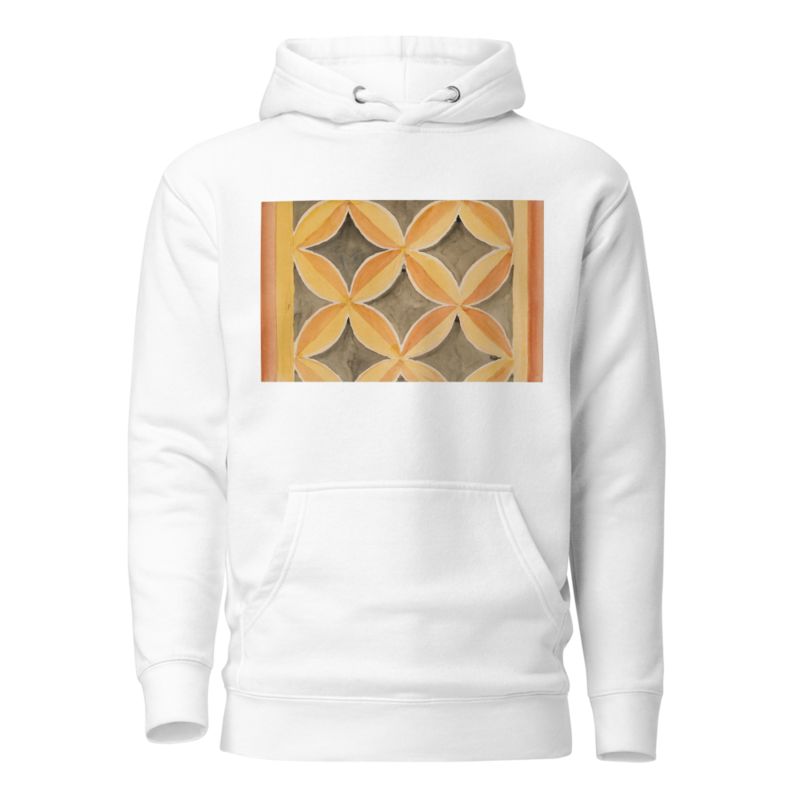
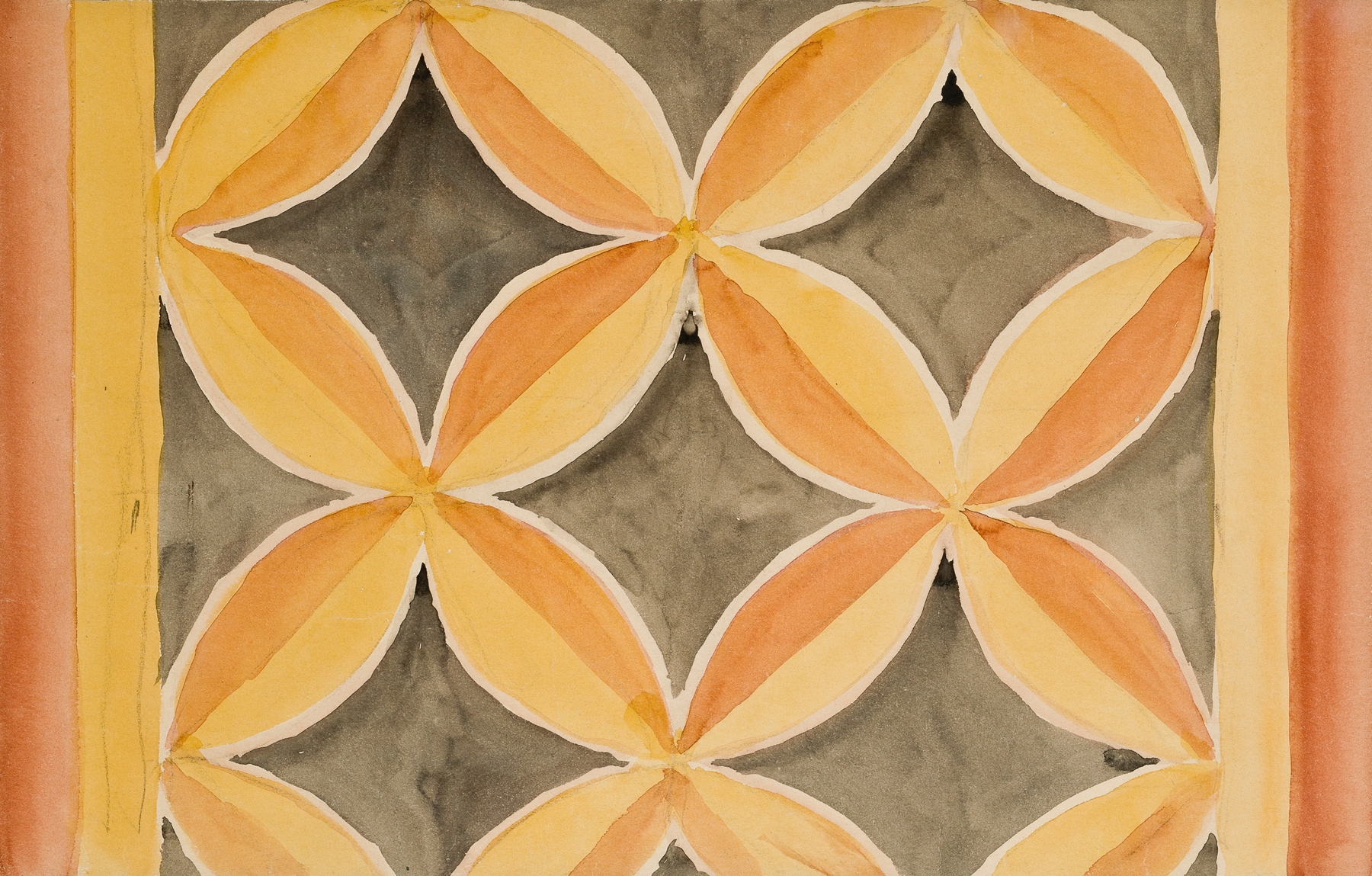
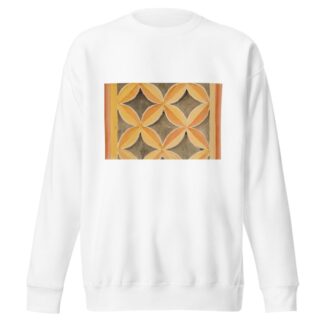
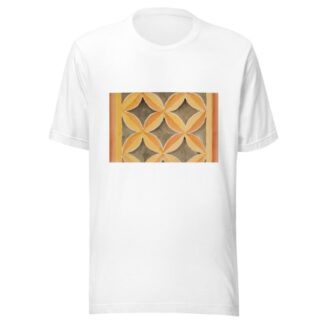
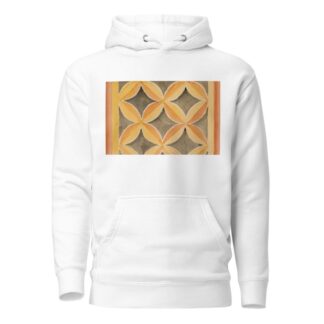
Reviews
There are no reviews yet.